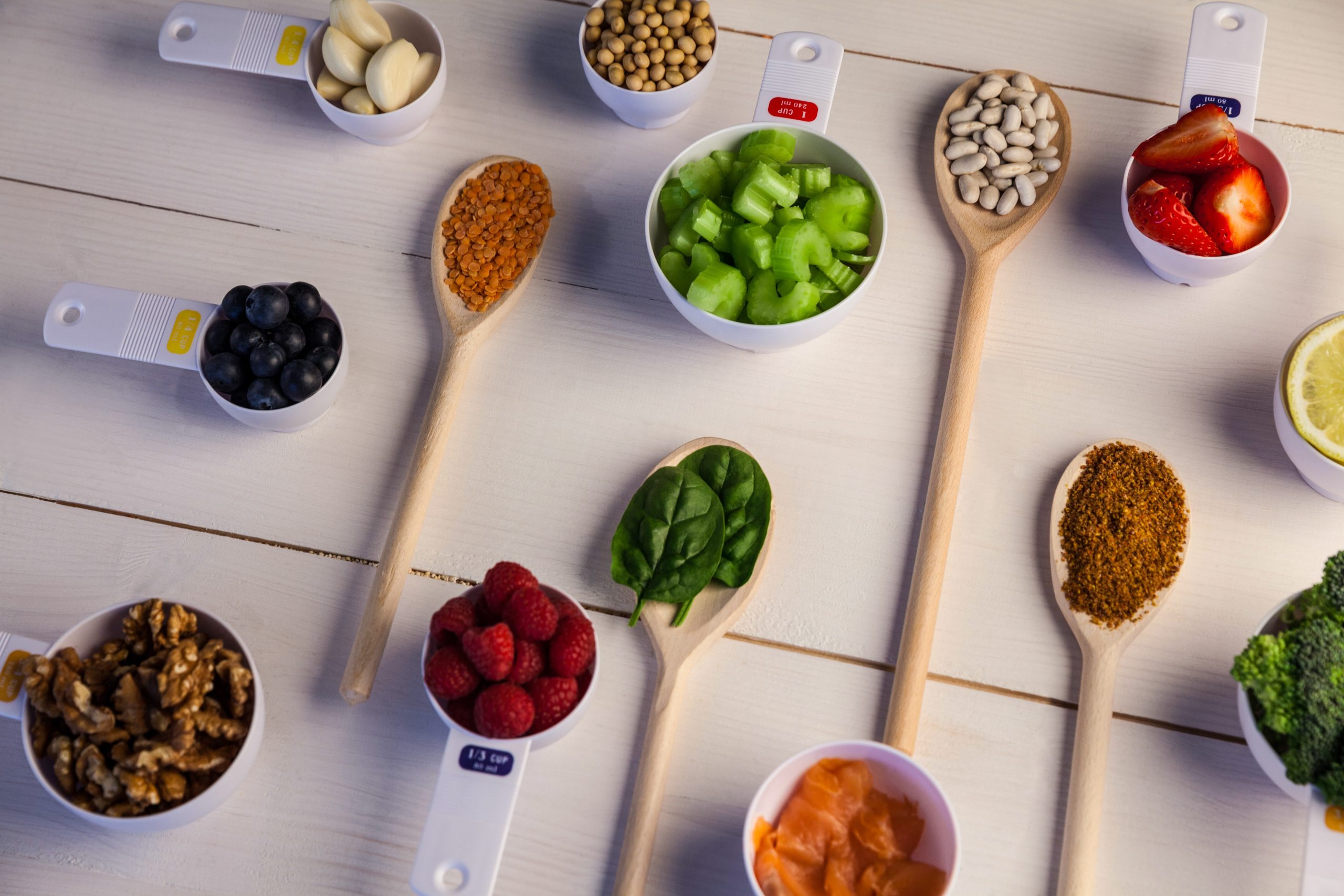
In our fast-paced world, sugar has become an omnipresent ingredient in many of the foods and beverages we consume. It’s no secret that excessive sugar intake is linked to numerous health issues, including obesity, type 2 diabetes, heart disease, and even certain types of cancer. However, the path to reducing sugar consumption might seem daunting, especially when the sweet indulgence is such a prevalent aspect of our culinary tradition. Thankfully, it’s entirely possible to cut back on sugar without feeling deprived. Here’s how.
1. Educate Yourself About Sugars
The first step in reducing sugar consumption is understanding where it hides. Apart from the obvious sources like candy, soda, and desserts, sugar is lurking in everyday items such as bread, sauce, and even salad dressings. Familiarize yourself with ingredient labels, and learn to spot hidden sugars that are often listed under various names like glucose, fructose, sucrose, corn syrup, and more. Knowledge is power, and when you know what to look for, it’s easier to make informed decisions.
2. Gradual Adjustments
Cutting sugar completely out of your diet overnight is not only unrealistic but can also lead to cravings and potential binge-eating. Instead, aim for gradual adjustments. Start by reducing the sugar in your coffee or tea, opt for unsweetened versions of your favorite products, and slowly decrease the number of sugary snacks you consume per week. This method allows your taste buds to adapt over time without feeling like you’re missing out.
3. Embrace Whole Foods
Processed and packaged foods often contain high levels of added sugars. By focusing on whole foods—fruits, vegetables, whole grains, nuts, and seeds—you naturally decrease your intake of added sugars. Whole foods are not only more nutritious but also help maintain your energy levels, keep you satiated for longer, and reduce the inclination to reach for something sugary.
4. Satisfy Your Sweet Tooth Naturally
Cravings for sweets are natural, but they don’t have to result in reaching for a candy bar. Nature provides many naturally sweet options such as fruits like berries, apples, and bananas. These not only satisfy sugar cravings but also provide fiber, vitamins, and minerals. You can also experiment with spices like cinnamon, nutmeg, or vanilla extract to heighten the sweetness of your meals and snacks naturally.
5. Smart Swaps
Switching certain ingredients in your diet can significantly cut down your sugar intake without sacrificing flavor. For example, use applesauce or mashed bananas in place of sugar for baking. Replace sugary breakfast cereals with oatmeal topped with fresh fruits and nuts. Greek yogurt with a drizzle of honey is a fulfilling alternative to frozen desserts. These small tweaks can make a significant difference.
6. Develop a Mindful Eating Practice
It’s easy to consume sugar unconsciously, especially when we’re snacking in front of the TV or on-the-go. Developing a mindful eating practice can transform your relationship with food. Take time to savor each bite, appreciate the flavors, and pay attention to your body’s hunger and satiety signals. This approach not only helps reduce sugar intake but also promotes overall healthier eating habits.
7. Drink Smarter
Beverages are one of the biggest contributors to sugar consumption. To cut back, prioritize water, herbal teas, or black coffee over sugary drinks. If plain water feels too bland, infuse it with slices of citrus, berries, or cucumber for a refreshing twist. For those who enjoy a carbonated fix, sugar-free sparkling water with a splash of fruit juice is a good alternative.
8. Redefine Desserts
Desserts don’t have to be synonymous with sugar overload. Look for dessert recipes that use less added sugar or find ones that rely on fruits as the primary sweetener. Dark chocolate with at least 70% cocoa content makes for a rich, satisfying treat without the guilt. Moreover, as your sugar consumption decreases, you’ll likely find that your craving for overly sweet desserts diminishes.
9. Plan Your Meals
Preparation is key to maintaining a low-sugar diet. By planning your meals, you have control over the ingredients you’re consuming, bypassing the need for last-minute, sugar-laden food choices. Dedicate some time over the weekend to prepare meals and snacks for the upcoming week. This way, you’re less tempted to opt for convenient sugary options when you find yourself hungry.
10. Celebrate Achievements
Finally, celebrate your progress. Every small step towards reducing sugar intake is a step towards better health. Acknowledge your achievements, whether it’s choosing water over soda or opting for a fruit salad over a chocolate cake. Positive reinforcement builds motivation and helps maintain the momentum in making healthier choices.
Conclusion
Reducing sugar intake does not mean depriving yourself of joys or the occasional indulgence. It’s about making conscious choices that promote health, well-being, and balance. As you incorporate these strategies into your lifestyle, you’ll likely notice improvements in energy levels, mood, and overall health. Remember, the goal is sustainable progress, not perfection. Embrace the journey to a lower-sugar lifestyle, and relish in the benefits that follow.




